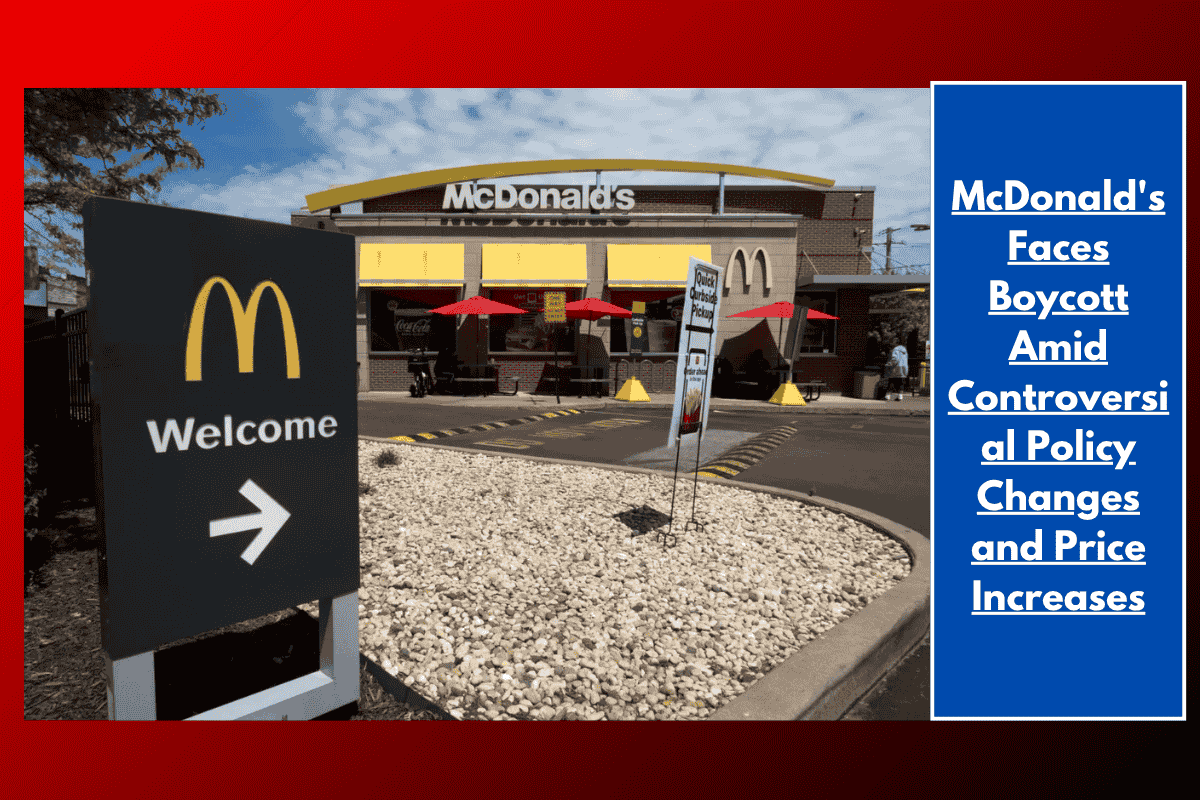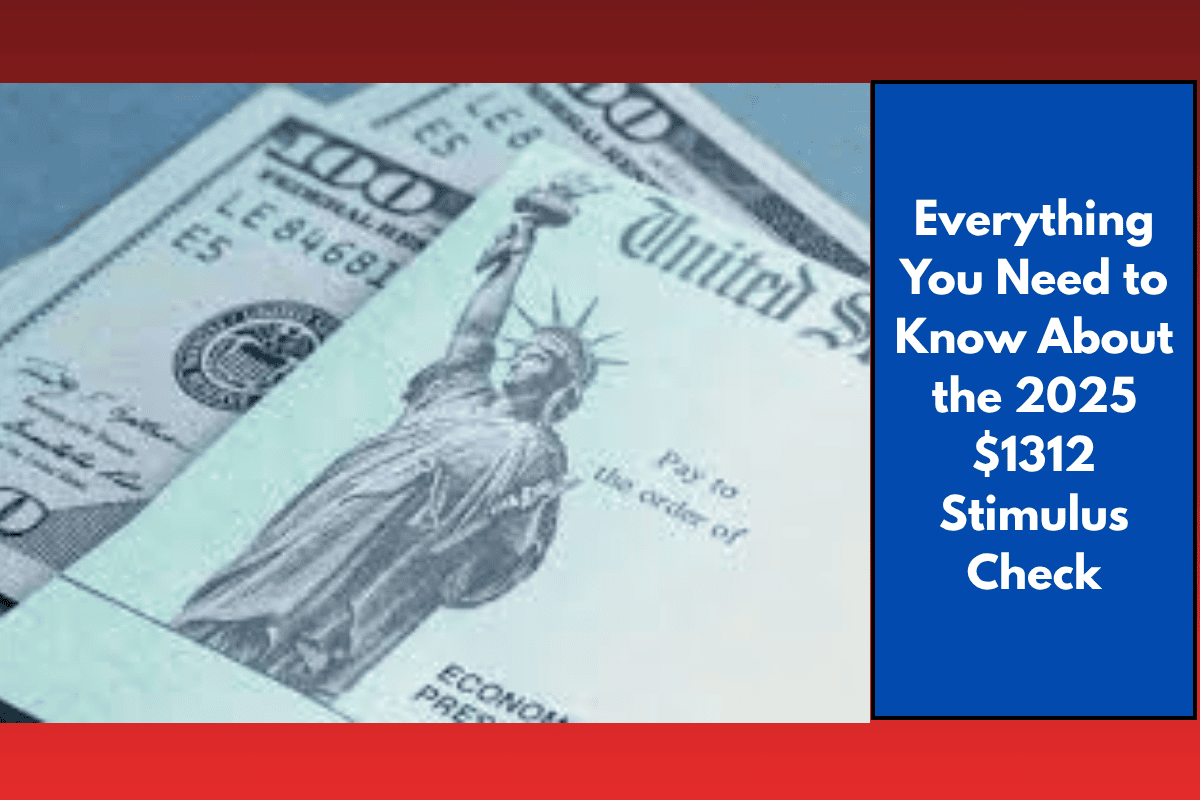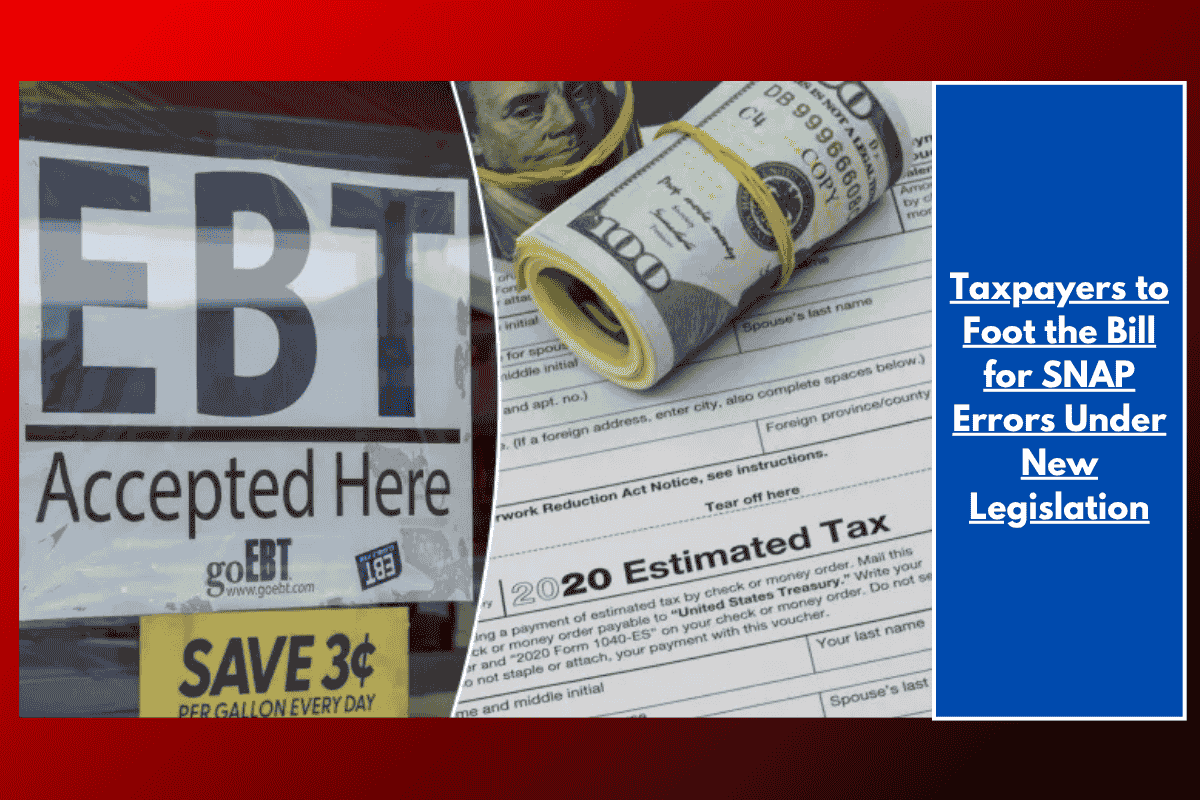McDonald’s, the fast-food giant known for its affordable meals, is facing backlash from customers and activists after a series of policy changes and price hikes have sparked anger. A nationwide boycott is now underway, led by John Schwarz and the group People’s Union USA, who are urging McDonald’s customers to protest the company’s recent decisions regarding diversity, equity, and inclusion (DEI) initiatives, along with its price increases. The boycott is set to run until next Monday, with organizers calling for “fair taxes,” “real equality,” and “people-powered change.”
The Controversial Policy Changes
The boycott follows McDonald’s decision to halt DEI targets for its suppliers, which has drawn the ire of activists who see this as a retreat from corporate responsibility. McDonald’s also stopped conducting external surveys to measure corporate diversity, aligning with a broader trend seen in other large companies, including Walmart and Target, which have similarly rolled back their DEI commitments in response to pressure from the Trump administration and conservative groups.
While McDonald’s did not directly comment on the boycott, a spokesperson told CNN that the company welcomes “honest dialogue with the communities we serve” but expressed disappointment at what they described as misleading claims that distort the company’s values. They emphasized that McDonald’s pays its fair share of taxes and will continue to do so.
Price Increases and Consumer Discontent
In addition to the backlash over DEI initiatives, McDonald’s has also been facing criticism over price increases. Customers have pointed out that prices have surged by 40% since 2019, despite McDonald’s long-standing reputation as a cost-effective dining option. This price hike has led some customers to express their dissatisfaction with the chain, especially in light of what they see as corporate mismanagement.
The rise in prices, alongside the change in policy, has created a perfect storm of discontent among loyal customers, many of whom now feel that McDonald’s is no longer the affordable choice it once was.
A Broader Movement Against Corporate Policies
Schwarz’s People’s Union USA is positioning the boycott as part of a broader “economic resistance” aimed at corporate reform and government accountability. Schwarz and his followers argue that corporations like McDonald’s are abandoning their commitment to economic equality and the people who rely on affordable options. Schwarz’s movement has been described as grassroots, aiming to unite Americans against the corruption and greed that they believe has led to growing economic inequality.
The McDonald’s-Krispy Kreme Partnership Ends
Adding fuel to the fire, McDonald’s recently announced that it would discontinue its partnership with Krispy Kreme, which had been offering doughnuts at 2,400 McDonald’s locations across the U.S. for the past three years. While the end of this partnership was a disappointment for many, McDonald’s fans still have something to look forward to: the summer menu, featuring new items like the McCrispy Strips Snack Wraps.
The new wraps, which feature crispy chicken coated with black pepper seasoning, will be available starting in July, offering a new option for customers in the midst of the controversy.
Similar Protests at Other Retailers
This boycott is part of a larger trend of consumer protests against big corporations. Earlier this year, shoppers led similar protests against Dollar General and Target, criticizing these stores for scaling back DEI initiatives. Jamal-Harrison Bryant, a senior pastor of the New Birth Missionary Baptist Church in Georgia, spearheaded a boycott against Target, which followed after the retailer had reversed its diversity commitments. The protests included an “electronic boycott”, with consumers flooding the company’s phone lines and emails to demand a change.
Bryant also criticized Dollar General, accusing the company of failing to support Black and low-income communities and betraying the people that are the backbone of their customer base.
A Changing Corporate Landscape
While these protests gain momentum, experts argue that McDonald’s—like other large retailers—will likely weather the storm, despite the growing boycott. The company’s global presence and brand loyalty could ultimately shield it from long-term financial damage. However, the debates surrounding corporate responsibility and DEI policies will likely continue to spark conversation among consumers and activists alike.
As McDonald’s faces backlash over its policy changes and price increases, the ongoing boycott spearheaded by People’s Union USA reflects the growing dissatisfaction with corporate behavior in the modern era. With a new summer menu on the way and a push for economic resistance, it remains to be seen how this will affect McDonald’s bottom line. For now, customers are speaking out, demanding that corporations listen to their communities, and calling for more accountability in corporate decisions.














